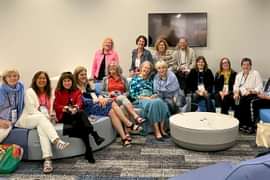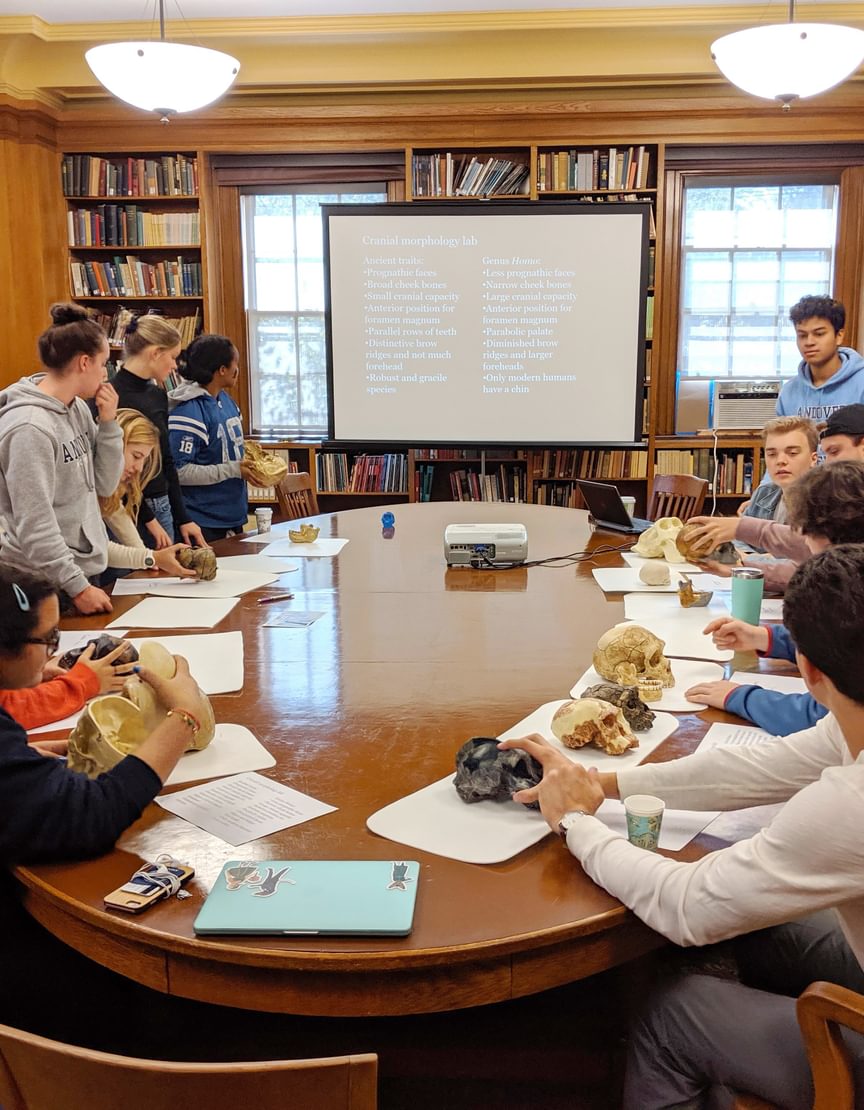
December 05, 2020
Priority: Peabody
What it takes to sustain a mission-driven instituteIt houses more than 500,000 artifacts from across the Americas. It leads a national repatriation movement. And it provides a hands-on academic experience unmatched by any other secondary school.
The Robert S. Peabody Institute of Archaeology is a centerpiece of interdisciplinary learning at Phillips Academy. Says Director Ryan Wheeler, “Because of the Peabody, students can work with Native artists, learn about human evolution, experience history through objects, and travel to archaeological sites across the world.” Wheeler surmises that nearly every student, at some point in their Andover career, benefits from this dynamic on-campus resource.
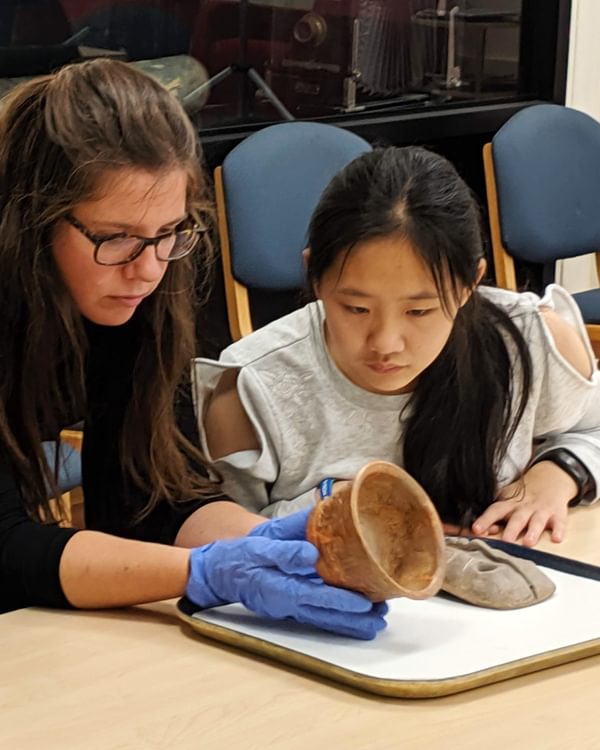
By supporting the institute’s key funding needs, donors can advance the Peabody as a driver of intellectual exploration. The Peabody’s primary Knowledge & Goodness campaign priority is simple yet integral—climate-controlled storage space. Many artifacts are currently housed in rooms subject to temperature fluctuations and humidity. A new HVAC system would elevate the collections’ level of care to meet modern museum standards. In addition, the installation of high-density shelving would make the collections more accessible and free valuable space for use as classrooms and work rooms.
Since the campaign began, more than 300 donors have supported the Peabody. For donor Bill Heidrich ’72, P’03, ’11, giving back to the Peabody is personal. “My senior year at Andover, I took a class with then director Richard “Scotty” MacNeish. This was my first real exposure to archaeology. It was an introduction to subjects that became hugely important to my life and led to an abiding interest and passion.”
Decades after that archaeology course, Heidrich has come to value the Peabody not only as a remarkable resource for students, but also as a national leader in the field. “The Peabody has played an important role in the larger story of archaeology,” he reflects. “I was drawn to support the Peabody’s archival work. While not the most glamorous area, it’s critical at a significant institution, and I’m happy to help make it possible.”
Because of the Peabody, students can work with Native artists, learn about human evolution, experience history through objects, and travel to archaeological sites across the world.
”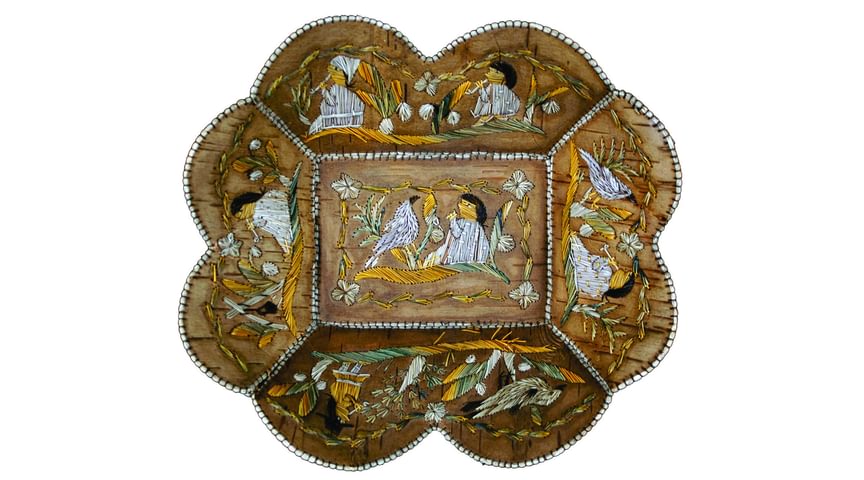
Funding opportunities include the “Adopt A Drawer” initiative, which sponsors the cataloging of the Peabody’s 2,100 artifact storage drawers. Benefactors can also endow the directorship position and name several prominent spaces in the institute, such as the first-floor gallery.
Donor support similarly enhances the Peabody’s repatriation efforts. Since the 1990s, the Peabody staff has been working diligently to repatriate or return ancestral remains, funerary and sacred artifacts, and objects of cultural patrimony to tribal communities. Currently, they have active consultations with 18 Indigenous nations in nine states spanning from Maine to Oklahoma.
“Repatriation is very meaningful to us,” says Wheeler. “Along with working with our Andover students, repatriation is one of the most important things—perhaps the most important thing—that we do.”
Wheeler and his staff have been advancing the national conversation on this topic as well. The Peabody recently co-sponsored an online panel discussing Indigenous and Black perspectives on repatriation, human rights, and justice, which attracted over 1,000 attendees.
With its irreplaceable collections, interdisciplinary learning opportunities, and commitment to Native communities, the Peabody Institute has become a crucial component of an Andover education—with so much fueled by its donors.
“I love meeting people who say, ‘I made a gift, but wish it were more!’” says Wheeler. “It’s an opportunity to talk about the real value of every gift. It means you believe in what we’re doing. And whether that’s putting archaeology in the classroom or protecting artifacts for generations to come, it means you’re with us.”
Originally printed in The Vista: Views from the Knowledge & Goodness Campaign, fall 2020.
Other Stories
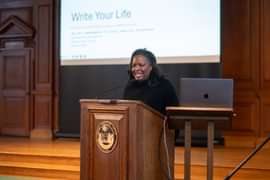
Best-selling author Rachel Howzell Hall delivers MLK Day keynote




